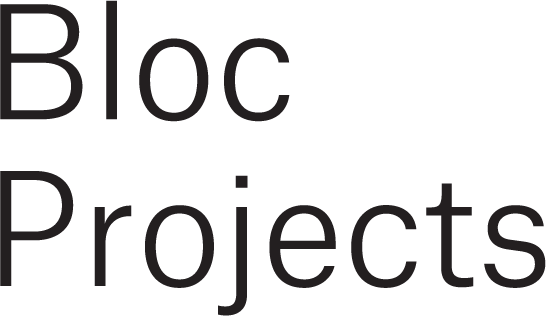Feeling with Crip Time
Thursday 6 June
6 - 8pm
Walk-ins welcome, prioritising bookings & people with disabilities
Free hybrid event (online or in-person)
Click here to go to our livestream link
Documentation image of Public S/Pacing research performance. Image credit: Julian Hughes
As part of artist Helen Stratford’s Public S/Pacing project, we’re excited to host two events: Organisational Diagrams for Everyday Life and Feeling with Crip Time.
Feeling with Crip Time is a special evening of readings and performances. Taking place both online and IRL, the event explores how normative and able-bodied values stifle our ability to access and enjoy everyday activities. We have invited four artists with different experiences of disability to present work that highlight these rubbing-points, evidencing how absurdly pervasive such constraints are in a disabled person’s life.
Equal parts public performance, intervention and live demonstration, the artists’ contributions will underline collectively generated support structures; ‘slower’ and more collaborative ways of working; unexpected modes of rest and self-care; and the crucial human / non-human / more-than-human connections. Feeling with Crip Time will speculate on the possible futures and joyful spaces that can challenge normative values.
Contributing artists:
Abi Palmer: a sensory reading about slugs
Kaiya Waerea: a performance-reading selected from the artist's own recent publications
Raisa Kabir: a socially distanced weaving performance
Helen Stratford: a live demonstration
The workshop is open to everyone. Priority will be given to disabled people and those with health histories. If you have any additional access needs or comfort preferences, please contact us at discollective.info@gmail.com
Re: booking for our IRL visit, please sign up with the intention to show up. Or let us know in good time if you can't make it so we can offer the place. It'll help us keep the workshops free and intimate. Thank you!
Abi Palmer is an artist, writer and filmmaker exploring the relationship between linguistic and physical communication. Key work includes Crip Casino, an interactive gambling arcade parodying the wellness industry and institutionalised spaces) at Tate Modern, Somerset House and Wellcome Collection (2018-20); and Sanatorium, a fragmented memoir that jumps between a luxury thermal pool and a blue inflatable bathtub (Penned in the Margins, 2020). She has written for The Guardian, Vice and Wellcome Collection Stories and was a 2021 Paul Hamlyn Award For Artists awardee.
Kaiya Waerea is a writer, designer and publisher from Aotearoa, now living in London. Their research is concerned with crip feminist methodologies, indigenous knowledge production, and print culture. Kaiya’s writing has been featured in Counter Signals 5: Systems and their Discontents, Errant Journal: Learning from our Ancestors, AIGA Eye on Design and others. Kaiya also co-runs feminist press Sticky Fingers Publishing, an intra-dependant feminist press based in South East London.
Rasia Kabir utilises woven text/textiles, sound, video, and performance to materialise concepts concerning the cultural politics of cloth, gendered archives, and colonial geographies. Kabir’s (un)weaving performances and tapestries comment on histories of trans-national power, global production, and matrixes of labour. Her textile works uses a queer theory of entanglement to weave discourse around disability, resisting function and the queer racialised body as a living archive of collective trauma.

